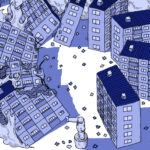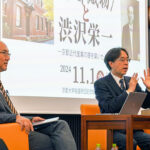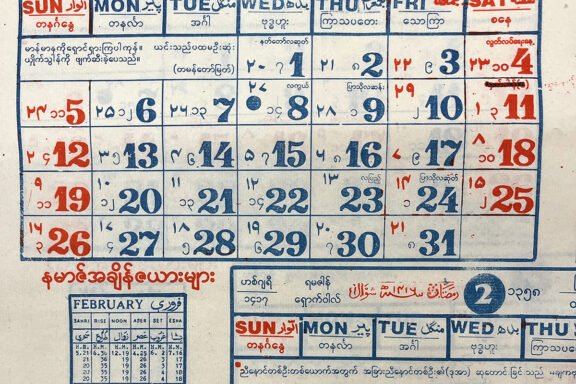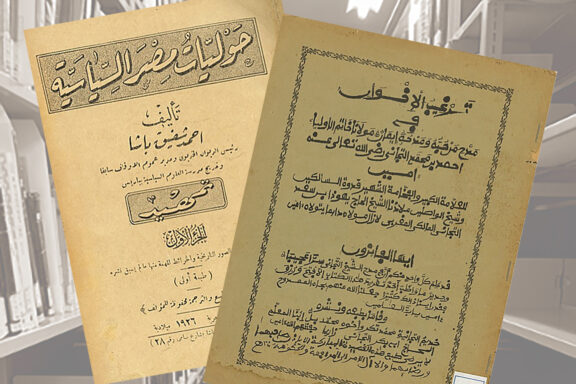Majid Daneshgar (philology, orientalism and religious studies)
I visited the library of Professor Yoneo Ishii (石井米雄) (1929–2010) kept at the Center for Southeast Asian Studies, Kyoto University, just a few months after my arrival in Japan in November 2023. Since then, I have been reading about Ishii’s leading role in shaping Southeast Asian studies and Thai culture and trading history in Japanese academic contexts. I was already aware of his influential article “Seventeenth Century Japanese Documents About Siam” published in the Journal of the Siam Society in 1971. However, I was more amazed with his attempt to collect different materials in different languages.
His library is rich in terms of South-East Asian and European works, which are the subject of my further studies. But his Egyptian sources as well as Islamized Burmese and Shan accounts are extremely informative. This report is the first installment about his library through which an Arabic source is introduced for the first time. I will write about his Islamized Burmese and Shan texts in the near future.
Science and History in Alexandria, Egypt
I would like to draw the attention of readers to an Arabic newspaper known as “al-Basir” (lit. ‘Well- informed’) kept at the Ishii collection in CSEAS. This newspaper was founded by Rashid b. Khalil Shumayyil (d. 1347/c. 1928) in 1896. Following other Lebanese, Shumayyil moved to Egypt. At first, he began his work in a prestigious daily newspaper known as al-Ahram (the Pyramids).[1] Subsequently, he founded his own media circle and newspaper in Alexandria (Iskandariyya) when a large number of local Muslims and Christians were dealing with heated debates pertaining to Islam and science. He ran this newspaper when the whole Muslim world was experiencing turbulence, viz., aiming to compete with European colonial powers in science and industry. Whether Arabs may achieve scientific progress was a main social concern (also, a big question) widely discussed throughout Egypt.[2] In this vein, Shumayyil’s newspaper, al-Basir, was going to inform Arabs about their legacy as well as their remarkable achievements, with the hope of giving them a sense of identity, unity and pride. The last issue of the newspaper came out in 1964.
The under-discussion issue of al-Basir was published in 1949. Including twenty four pages, it is replete with images, announcements and news related to science, technology, agriculture, social events and urban planning. The text of this special issue of al-Basir was laid out by Ustadh Muhammad Ibrahim, one of the most famous scribes of the Qur’an and instructors of Arabic calligraphy in Egypt.[3] He was given the title of al-Khattat (the master of fine calligraphy) in Alexandria, and his reputation arrived everywhere due to his skills, particularly inscribing the whole Qur’an in only one page.
The title page of al-Basir (p. 1) includes some positive statements by Muhammad Tahir Pasha (1879–1970) an influential thinker and policy maker about the key role of the newspaper in exchanging information among Egyptian individuals.
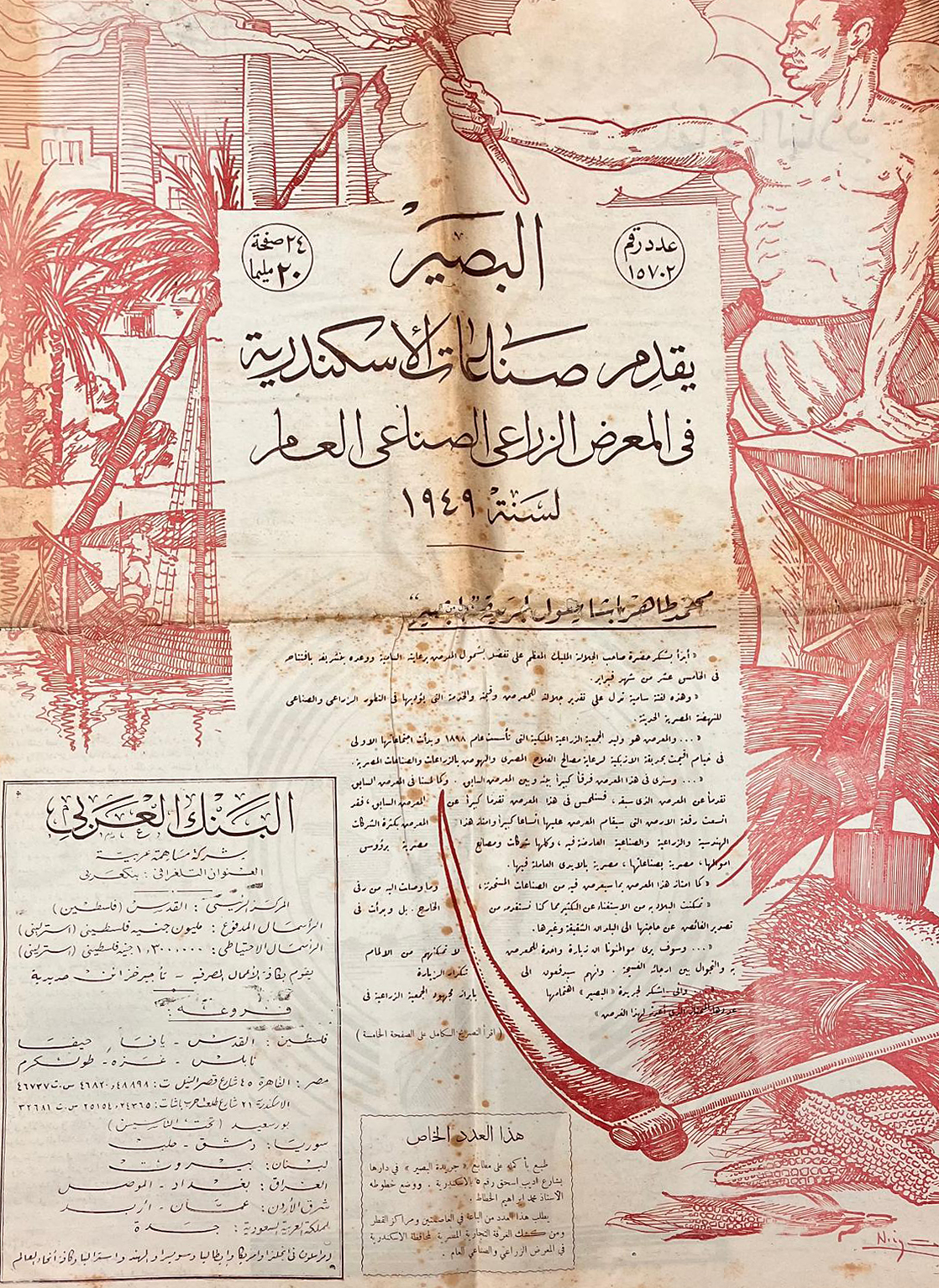
Page two covers the theme of “literature, history and industry” with a reference to the Qur’an (Q 89:7–8).[4] Through this page the editor sheds light on the contribution of Egypt in general and Alexandria in particular to the formation of human history and science.
A select list of news can be seen as follows:
- P. 1: Arab Bank
- P. 8: Arab Shipping Company
- P. 12: Local Cotton Fabric
- P. 13: Local Textile Companies
- P. 14: Local Cleansers and Health Products; already a popular topic discussed in Egyptian Islam and science discourse since the 19th century[5]
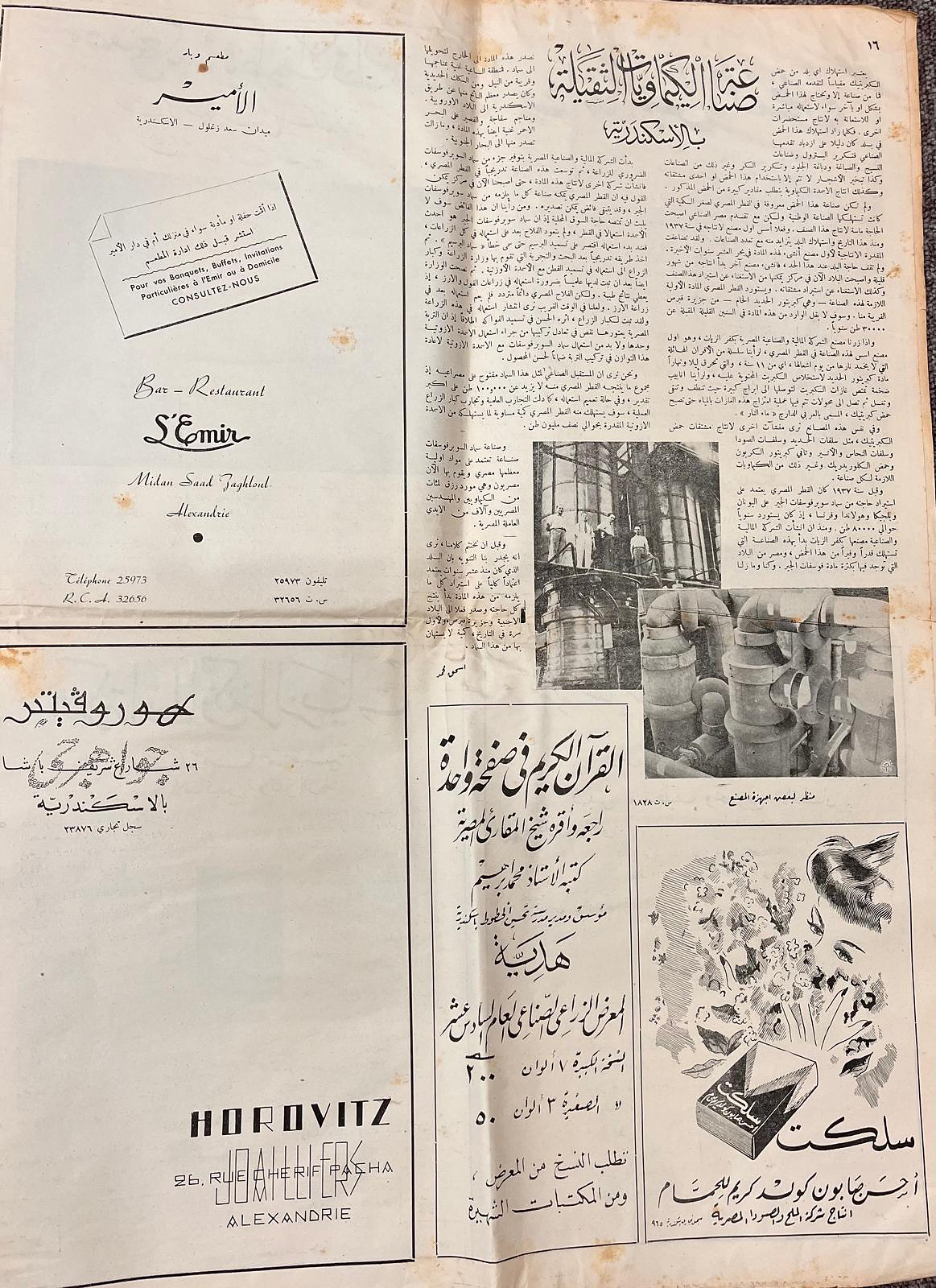
This newspaper is a mine of information about the 20th-century Egypt and the way Arabs dealt with scientific and industrial independence. As part of the Ishii collection, it reflects upon the importance of transregional Asian studies in academic contexts.
Notes
[1] Kh. al-Ziriklī, al-a‘lam; also, “Rashid b. Khalil Shumayyil”: https://tarajm.com/people/48689 (access date: 12 November 2024).
[2] See, M. Daneshgar, Tantawi Jawhari and the Qur’an: Tafsir and Social Concerns in the Twentieth Century (London: Routledge, 2018).
[3] It is not clear whether he died in 1950 or 1970. About his life, see http://www.alexandria.gov.eg/Alexandria/Lists/famous_1/DispForm.aspx?ID=70
[4] “˹the people˺ of Iram—with ˹their˺ great stature; unmatched in any other land”, see: www.Quran.com
[5] See, M. Daneshgar. “An Egyptian Medical Officer and Qurʾān Commentator in Ottoman Syria: Muḥammad b. Aḥmad al-Iskandarānī and His Tafāsīr in the 19th Century.” Oriente Moderno 101, no. 1 (2021): 44-69; also, Daneshgar, Tantawi Jawhari and the Qur’an.

